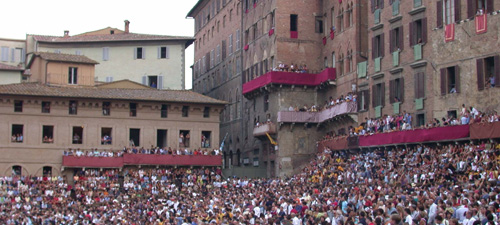I hate being home. It's not my family--though they are little more than familiar strangers to me, people whom I lived with for so long but have never really known, or allowed myself to know, or allowed to know me. I suppose it is, then, at least a corollary of that. It's that, when I'm home, I feel--alone. Overwhelmed. This is the place in which I destroyed myself, over and over. This is the place in which I wallowed, decadent, lay for hours on end, night after night, devoured by my own depression. This is the place which I left so desperately hoping to start anew, and I did, sort-of, maybe.
But every time I come home I am devoured anew, trapped by the prison I created and continue to create, because I can't let go and say, it is just a building. I should leave, walk about this town that used to be mine, and sometimes I do, but I have nowhere to go. I used to go the park and admire--the people, nature, whatever; but it's too cold now. I used to walk two hours one way to the nearest movie theater, and then come back, six hours gone, because it was better than being here.
The worst part is that I see myself. I never look in mirrors except at home, and here, they are everywhere. I get up in the morning and look into a mirror and I think--not, I wish I was someone else; not even, that is not me; but simply, who is that? Because I do not know. It is a foreign face, a foreign body--gaunt and pale and scarred and so very, very tired.
I used to tell people that I didn't care about my appearance because I didn't have to look at it. It wasn't true, of course--while certainly there is less care involved, I do consider what clothes I'm wearing on what day and why. I would be impressed by someone who has endured modern American society's conditioning and can avoid that. But it was true, somehow, that I dissociated myself from my own image, not from the clothes but from my physical body itself; somehow I mentally divorced myself from my own embodiment, became a floating brain, always fascinated but ultimately confused and distanced by the way my hands move, tendons twisting on bones beneath the skin, the way my leg steps forward with such instinctual confidence, the way my eyes glisten and contract and stare without comprehension.
 The Palio di Siena (source)
The Palio di Siena (source)

